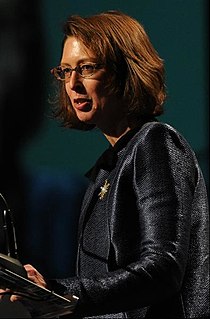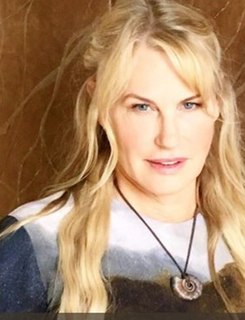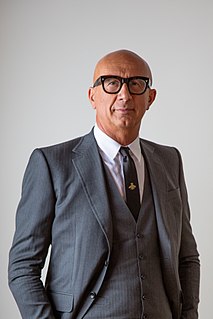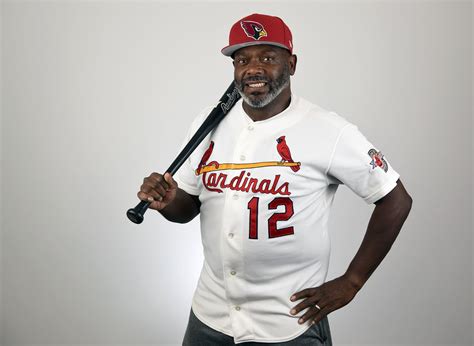A Quote by Abigail Johnson
We need to come up with use cases for this technology that drive clear benefits for individuals and institutions - these are our customers. Too often we see bitcoin and blockchain technologies as solutions in search of a problem. We don't just need these systems to be technically better than the alternatives - we need them to be more user-friendly.
Related Quotes
The selection of MediLab came after an extensive evaluation process. The laboratory in Zambia presented many challenges such as rapidly expanding services and capacity, the need to coordinate laboratory services for 16 and soon to be 24 clinics in the Lusaka district alone, the need to automate recording and dissemination of results and the need for a robust, expandable, user friendly and technically supported LIMS system. The technology and international experience of MediSolution made MediLab an obvious choice.
Cities are never random. No matter how chaotic they might seem, everything about them grows out of a need to solve a problem. In fact, a city is nothing more than a solution to a problem, that in turn creates more problems that need more solutions, until towers rise, roads widen, bridges are built, and millions of people are caught up in a mad race to feed the problem-solving, problem-creating frenzy.
We need early warning systems, technologies to deflect an asteroid - and we need political preparedness as well. It needs to be clear who is to decide what, who launches the rockets, who presents which bills to its citizens. This is a planetary decision. We need to do this all together. Or it will not happen.
Often, very talented technical people find it extraordinarily difficult to take the viewpoint of customers, who are often ignorant about the technology and who may have strong and perhaps incorrect prejudices about it. The technical people may believe, deep down, that they know better what customers "should" need. Customers, of course, have a different perspective. They want products that will solve customer problems and provide other customer benefits, and will do so without undue risk or cost. Not infrequently, customers view advanced technology itself as a risk.
There are myriad government programs out there to help small businesses. Few people use them effectively. The maze of information makes it difficult for any one person to understand it all, which often leads politicians, and citizens, too, to call for more programs. We don't need more government programs; we just need a better way to access them.
We need to put our faith and trust in the people on the frontlines -- and back it up with real resources. We need to make sure first defenders have the gear and support they need, and the benefits and protections they've earned. With new technology and ingenuity, by doing more to sustain our first defenders and calling on Americans to do more for their country, we can make our country stronger, safer, and more secure.
It is a serious undertaking and yes, we do need more fencing and we do need to use technology, and we do need more border control. And we need to have better cooperation by the way with local law enforcement. There are 800,000 cops on the beat, they ought to be trained to be the eyes and ears for law enforcement for the threat against terror as well as for immigration.
We don't need no more rappers, we don't need no more basketball players, no more football players. We need more thinkers. We need more scientists. We need more managers. We need more mathematicians. We need more teachers. We need more people who care; you know what I'm saying? We need more women, mothers, fathers, we need more of that, we don't need any more entertainers


































